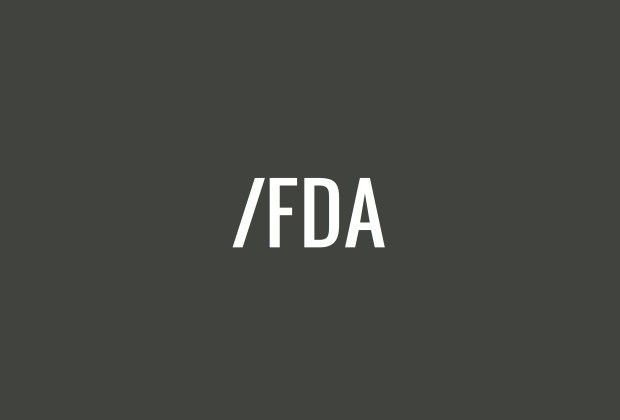Earlier this morning, Dr. Scott Gottlieb was confirmed by the Senate Health, Education, Labor and Pensions Committee 14-9 to be the next commissioner of U.S. Food & Drug Administration (FDA).
Gottlieb is an internist, though he has an extensive background as a health policy analyst and investor. His potential conflicts of interest with companies he has invested in or advised for were a focal point for Democrats during a hearing earlier this month.
Those conflicts of interests could affect the cigar industry as Gottlieb is an investor in a chain of vaping retailers. FDA’s deeming regulations, which went into effect last August, also apply to vaping businesses. That could mean Gottlieb would be forced to recuse himself for any decisions regarding the deeming regulations for one year.
Gottlieb has been a prolific op-ed writer, something that was quoted and mentioned throughout the hearing. In 2012, he wrote an article for the New York Post arguing that cigars fell outside of the congressional intent of the Tobacco Control Act.
Even before it’s voted on, the bill may prompt the FDA to take a middle road: The agency could argue that the premium cigars fall within its jurisdiction as a “tobacco product,” but that, for now, it will exercise discretion and not regulate the high-end smokes.
Whatever the FDA does, the fight reveals a broader trend of expanding the scope of regulation to cover areas never envisioned by Congress.
Regulators often prefer to enlarge their jurisdiction rather than tend to their chief obligations. Agencies like the FDA thus divert their attention from important but basic duties.
For example, that 2009 tobacco law was crafted as a way to cut down on underage use of cigarettes. It was, in many respects, a forward-looking measure — envisioning that traditional cigarette makers would gradually transition to developing and marketing smokeless-tobacco products that don’t pose the same health hazards as cigarettes.
But the FDA has been loath to accept that alternative tobacco products could pose a lower health risk than cigarettes. Under the law, it should be examining the relative hazards, rather than spending its energies seeking to expand its powers.


